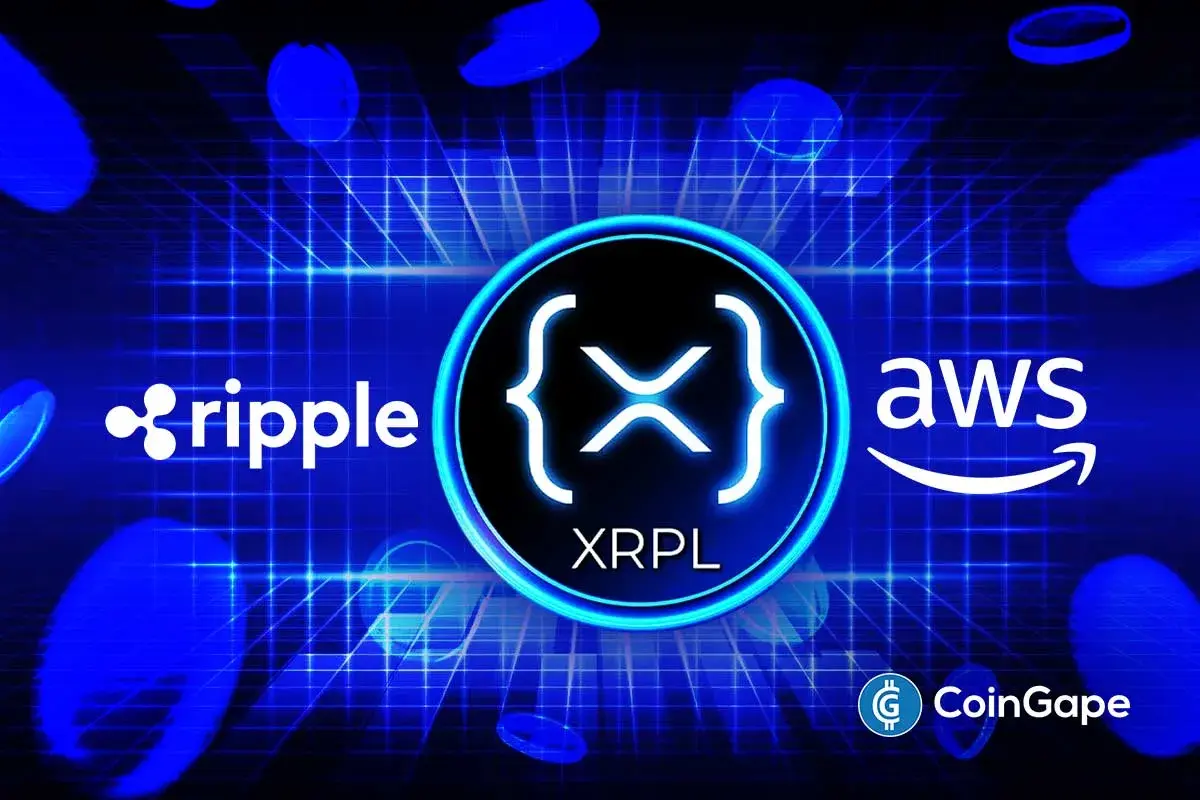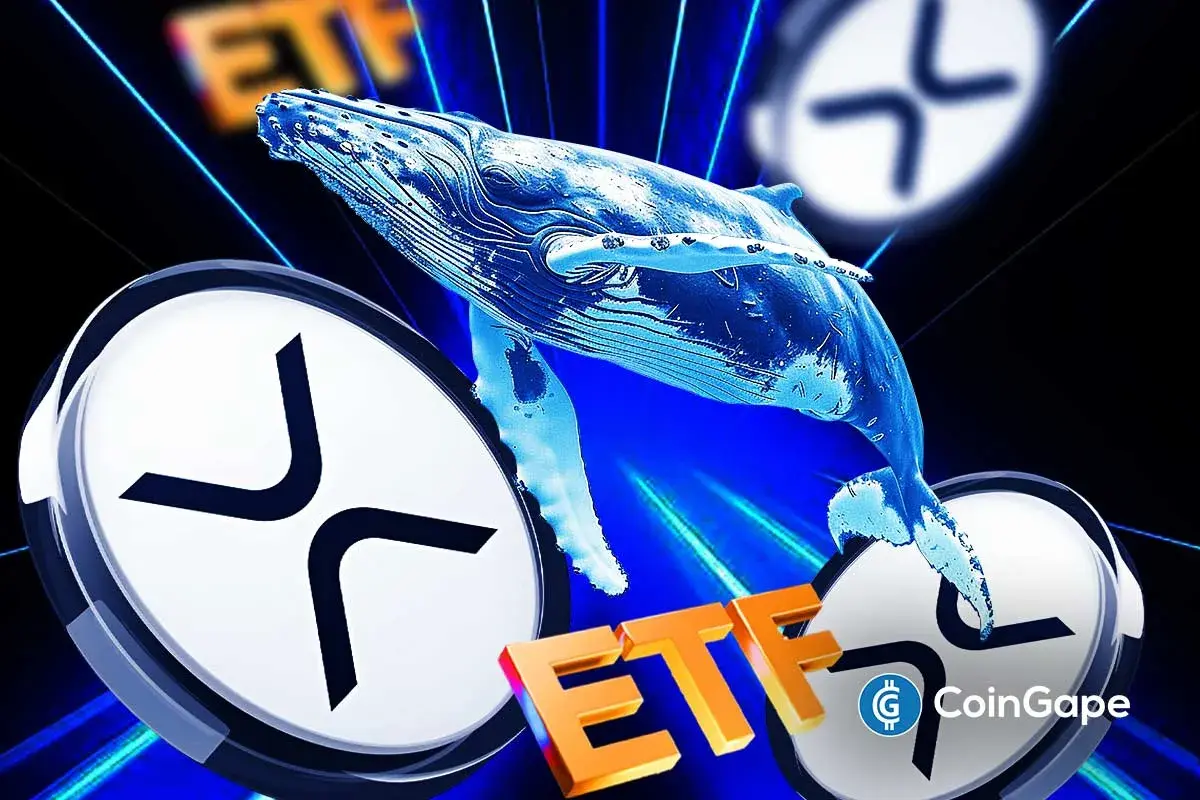US SEC Highlights Nov 9 as Key Date in Ripple Lawsuit

The U.S. Securities and Exchange Commission (SEC) has scheduled a critical meeting and confer session on November 9 in the ongoing XRP Vs SEC lawsuit as seen in a letter sent to Judge Analisa Torres.
Ripple vs SEC: the November 9 Date
The importance of the November 9 meeting lies in its role in determining the next steps in this legal battle.
During this meeting and confer session, the SEC and Ripple Labs are poised to discuss the potential briefing schedule regarding the pending issue in the case. Specifically, the focus will be on what remedies are appropriate to address Ripple’s alleged Section 5 violations related to its institutional sales of XRP.
Section 5 of the Securities Act of 1933 requires that securities be registered with the SEC before it can be sold to the public, including, institutional investors. The question is whether XRP constitutes a security under this law and, if so, whether Ripple violated this regulation.
The outcome of this lawsuit could set a significant precedent for the treatment of digital assets within the United States.
Potential Remedies and Outlook for Ripple
The resolution being pursued by the SEC could potentially entail a substantial settlement. Such a settlement might involve Ripple paying a significant sum, which could run into the millions of dollars which may strain Ripple in addition to the legal bills it has incurred during the years-long legal battle.
While Ripple’s executives have indicated to the community that the recent developments do not necessarily imply an impending settlement, it remains an option that cannot be ruled out. Despite the ongoing legal battle and the SEC’s assertion of violations, Ripple has held on to two significant victories since the July 13 ruling.
Firstly, Judge Torres ruled that programmatic sales of XRP on secondary trading platforms do not constitute securities. This ruling has had a positive impact on XRP’s status as an asset, making it more appealing to the community, exchanges, and service providers in the crypto industry.
Secondly, the dismissal of charges against Brad Garlinghouse and Chris Larsen provides some relief for Ripple, as its leadership is no longer directly entangled in the legal proceedings.
- Changelly Review 2026: Scam or Legit Crypto Exchange?
- Uniswap Review – Is it Safe to Use in 2026?
- Just In: Grayscale Files Delaware Registration for BNB and Hyperliquid ETFs
- Crypto Tax: Colombia Rolls Out New Reporting Rules to Curb Digital Asset Evasion
- Why Cathie Wood Thinks Trump Will Shift to Active Buying for US Strategic Bitcoin Reserve?
- Dogecoin Price Eyes $0.20+ Following Massive 218M DOGE Whale Buying Spree
- How CLARITY Act Could Impact Bitcoin, Ethereum, and Dogecoin Prices?
- Tesla Stock Price Prediction for Jan 2026 Ahead of Q4 Earnings Report
- Ethereum Price Eyes a 30% Surge as Vitalik Buterin Names it the ‘World’s Heartbeat’
- XRP Price Prediction After Spot XRP ETFs Record the First Outflow in 36 Days?
- XRP vs Solana Price: Which Could Outperform in January 2026?















